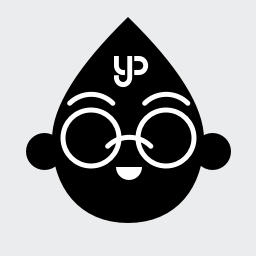
Letters from the Dorm: Boarding school taught me independence, but did I lose my childhood?
- Being given so much freedom and responsibility makes you wonder if students really need it
- It’s easy to miss parental guidance and having clear plans at home

 Studying overseas alone is an experience that will change you; you have a lot more freedom, but more responsibility as well.
Studying overseas alone is an experience that will change you; you have a lot more freedom, but more responsibility as well.An itch for independence drove me to boarding school. Two years on, however, I wonder if – in satisfying this itch – I’ve let my childhood slip by.
Before I arrived in the US, I was, by all definitions, a kid. At age 15, I didn’t know how to do my laundry or write a cheque. I needed to ask for permission to go to the park or to the grocery store. The choices I made usually consisted of two parts – chemistry or biology, this course or that. And, most importantly, I did not have the skills to shape my community.
At boarding school, I’m responsible for eating, sleeping, and studying. I built my entire course load, and when I found my school’s offerings insufficient, I proposed and designed my own activities. I manage clubs and organisations with budgets amounting to thousands of US dollars.
As managing editor of my school paper, I help decide what is on the community’s radar. Just two weeks ago, I pulled two all-nighters to put together the paper’s 100-page graduation issue. This experience is not unique. I see peers, aged 16 or 17, drafting school policies on sexual assault and consent. I see them holding sit-ins and protests to advocate for racial justice.
Letters from the dorm: Searching for positives in a time of uncertainty
At our Academy, students sit around an oval-shaped table – instead of desks – and talk. Teachers do not lecture, and students are encouraged to explore materials together; we teach each other. The rationale behind this method is that the school is preparing its students for “real life”.
But I often ask myself, “Am I preparing for ‘real life’, or have I already entered it?” Sure, the stakes of boarding school life are low – I am not yet working and paying my bills, after all. Still, the choices are real, and so are the often onerous responsibilities.
Do high school students really need this much freedom? Should they bear the burden of educating their peers and (on occasion) teachers? Do we really need four more years of “real life”, when we have decades of it ahead of us?
While I have learned a lot in boarding school, I have also lost some of my childhood years. I miss the support systems and clear-cut plans at home, and the nights spent watching vapid television shows with my parents. I am grateful for the “me” that boarding school produced, but I mourn for the “me” I gave up.
